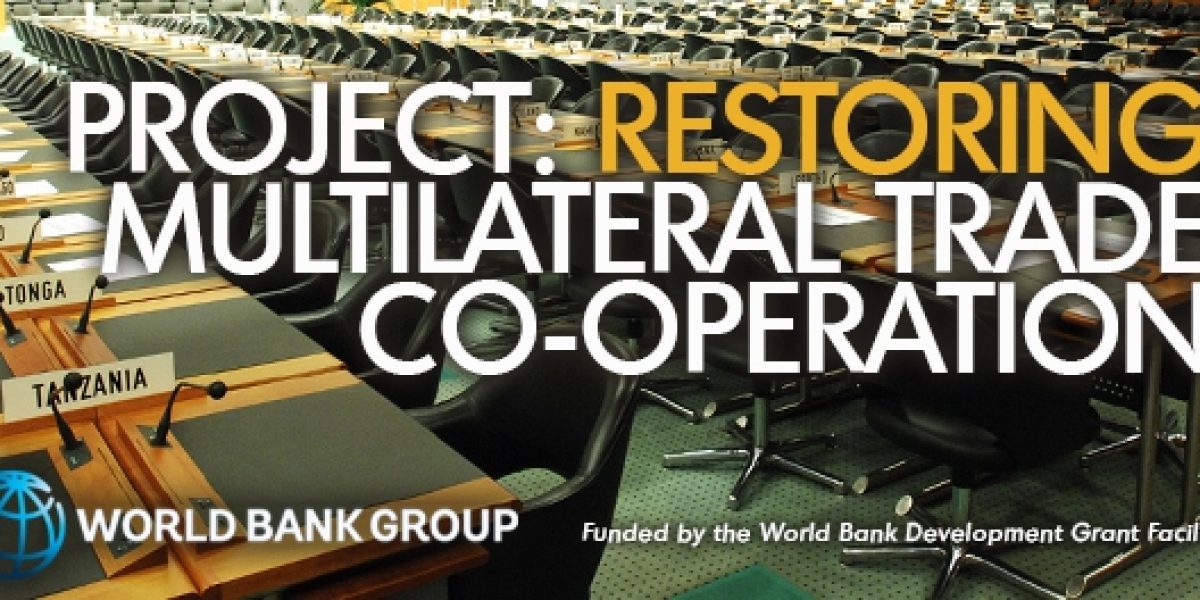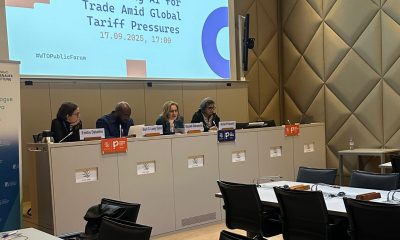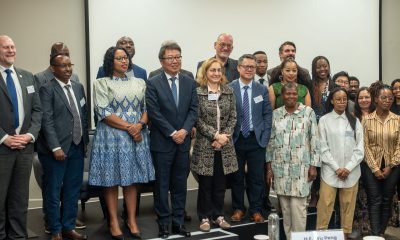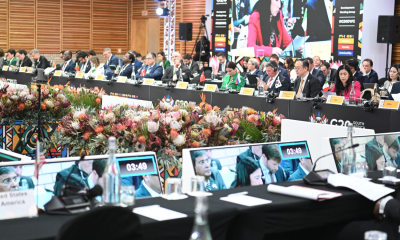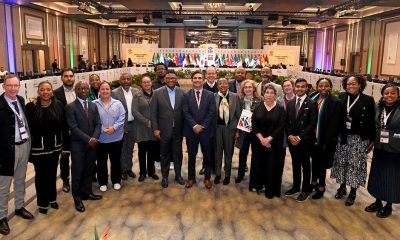Publications
‘Restoring Multilateral Trade Co-operation’, project Diagnostic Report
By Peter Draper, Memory Dube, Dick Cunningham and Bernard Hoekman
This report seeks to synthesise the various ideas that have been posited in five dialogues in key developing countries, across three regions, aimed at revitalising multilateral trade negotiations. Vital issues are discussed with a view to making recommendations on how best to retain the WTO’s central place in the multilateral trading system while accommodating the interests both of those eager to advance trade rules outside the WTO and of developing countries and least developed countries that are not part of mega-regional and plurilateral negotiations.
‘Restoring Multilateral Trade Co-operation’, project recommendations
This set of key recommendations for consideration by all WTO member states is drawn from a two-year series of dialogues centered on developing countries, exploring how to restore multilateral trade cooperation and the WTO specifically, to the centre of the global trading system.
Moving forward in the WTO post-Bali
By Bernard Hoekman
This paper introduces the core issues investigated in the broader project. It reviews the history of multilateral trade co-operation and the state of WTO negotiations, and examines new trends in trade patterns and trade agreements, including the impact of global value chains and the rise of megaregional agreements, such as the Transpacific Partnership and Transatlantic Trade and Investment Partnership. It investigates what these changes mean for the future of the multilateral trading system, and what changes and new issues must be introduced to reinvigorate global negotiations.
Seoul Roundtable Chairperson’s Statement: Trade co-operation in a multipolar world economy
Presented by Dr. Chulsu Kim
This document synthesizes the findings of the Seoul roundtable discussion, hosted by Korean Institute of International Economic Policy (KIEP). It examines the changing structure of world trade, the state of play in WTO negotiations, and how to move forward on multilateral trade co-operation.
Supply chains, mega-regionals and the WTO: A road map for the WTO
By Bernard Hoekman
This presentation was delivered at a range of events in 2014, including those hosted by the Graduate Institute of International and Development Studies (19 May 2014), the Cordell Hull Institute, Washington DC (22 April 2014), the UK Department for Business, Innovation and Skills, London (19 May 2014) and by SAIIA (11 June 2014).
Mega-regionals, the WTO, and country response
By Uri Dadush
This presentation was delivered at a roundtable event hosted by SAIIA (11 June 2014).
Restoring multilateral trade cooperation: the future of the WTO
By the Global Trade and Investment Centre at Getulio Vargas Foundation Getulio Vargas Foundation (CGTI-FGV)
This e-book is a report of the Brazilian roundtable event hosted by CGTI-FGV, Instituto de Pesquisa Econômica Aplicada (IPEA) and the South African Institute of International Affairs on 14-15 April 2014, containing a summary of the discussions, the text of keynote speeches and the slides used in presentations at the event.
Report on the proceedings of the South African Roundtable
By the South African Institute of International Affairs (SAIIA)
This is the report of the Roundtable on ‘Restoring Multilateral Trade Co-operation’ held on 11 June 2014 in Johannesburg. As the event was held under the Chatham House Rule, this report only contains the content of the discussions and does not identify the speakers.
Mega-regional Trade Agreements and South Africa’s Trade Strategy: Implications for the Tripartite Free Trade Area Negotiations
By Peter Draper, Simon Lacey and Yash Ramkolowan
This Occasional Paper looks at WTO member states’ positions in the Doha Round in the context of their overarching domestic and regional trade strategies (November 2014)
Can the Bali Package Resolve the Doha Impasse and Secure the Future of the WTO?
By Memory Dube
This Policy Briefing sets out the broad framework of the Bali Package and assesses whether it addresses the blockage in the Doha Round (December 2014).

